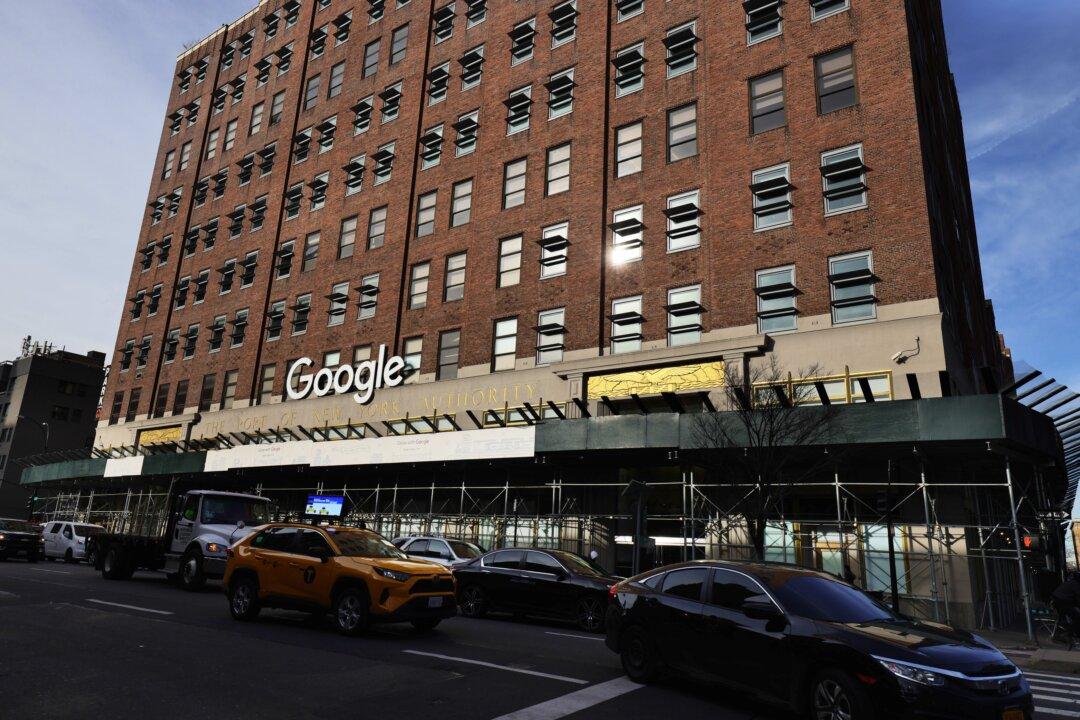Google allegedly misled numerous companies by violating its promised quality standards while placing video ads on third-party websites and apps, thus potentially costing these firms billions of dollars, according to a recent report.
Google’s TrueView delivers advertisements on YouTube as well as millions of third-party apps and websites. Google charges a premium from customers promising that their ads will be run on high-quality websites, along with audio. In addition, advertisers using TrueView only pay for “actual views of their ads, rather than impressions,” Google claims. However, a report published by advertising research firm Adalytics this week found that “significant quantities” of TrueView ads were run on thousands of apps and websites that did not meet Google’s claimed standards. This has been observed to be happening for the past three years, thus potentially costing ad buyers billions in digital ad dollars.





